- By Jenny Gold
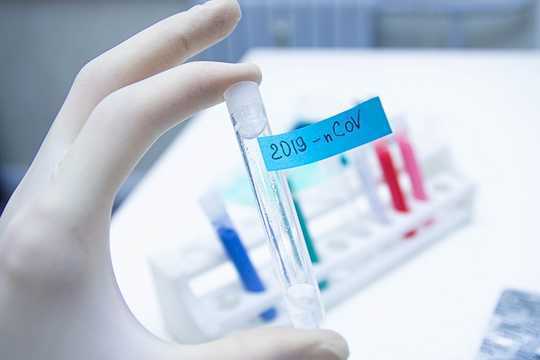
Public health officials in California’s state capital region announced this week they have stopped tracing the contacts of patients diagnosed with the novel

The U.S. government is fighting to contain and slow down the spread of the coronavirus. Testing is central to these efforts.

Throughout history sunlight has been used to prevent and cure a wide range of diseases, and a few doctors still use its therapeutic properties to good effect.

Perhaps you’ll unearth a can of Crisco for the holiday baking season. If so, you’ll be one of millions of Americans who have, for generations, used it to make cookies, cakes, pie crusts and more.

Each day that you choose to eat healthfully and simply— selecting whole, unprocessed foods from the earth and balancing your foods—know that you are building a new foundation for yourself. At first, this foundation may feel wobbly, as it is new to you, but every time you make the choice to follow through...
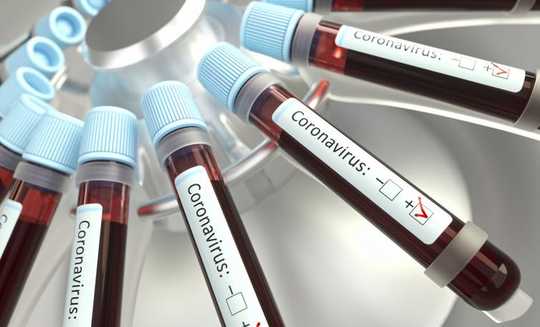
The coronavirus, which causes the disease COVID-19, has created enormous anxiety, uncertainty, and disruption to our lives.
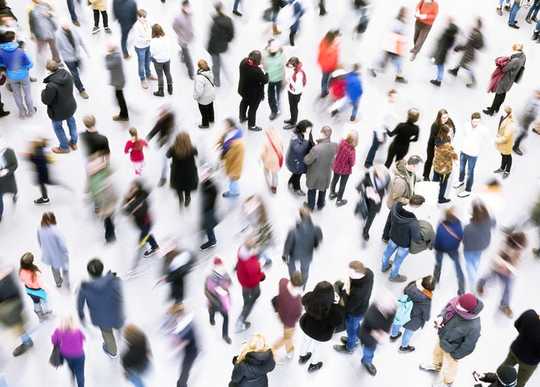
If you saw the 2011 movie “Contagion,” about a worldwide pandemic of a new virus, then you’ve heard the term “R0.”

Safety measures make risky activities less risky: seat belts for car occupants, bailouts for financial institutions. Masks and disinfectants might feel like they do the same for anyone afraid of coronavirus.
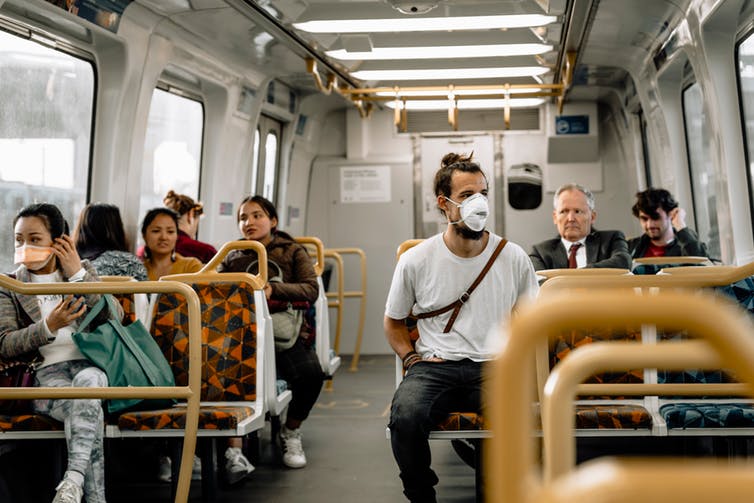
Now officially a pandemic, the virus has proven adept at crossing borders, with confirmed cases reported in over 100 countries (for the latest numbers, refer to our coronavirus mapping tool).

Tackling the emergence of a new global pandemic is a complex task. But collective intelligence is now being used around the world by communities and governments to respond.

More and more health professionals are encouraging consumers to cut back on fat, and vegetarian meals are finding a welcome place in the lives of more Americans. This does not mean that all Americans are becoming vegetarians, but many are now eating meatless meals at least several times a week.

When you respect your body, you are in partnership with it. Treat your body as a structure worthy of respect and it will respond in kind. Abuse or ignore it and it will break down...
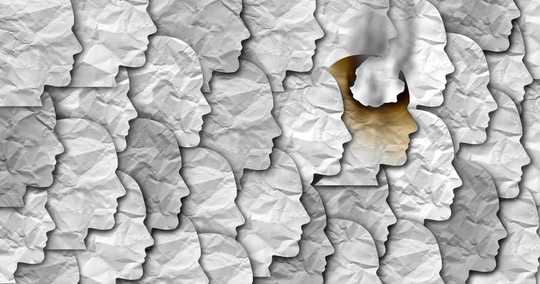
It’s pretty likely you’ve heard of burnout – and you may have even experienced it. Caused by chronic work stress, it’s characterised by signs such as emotional exhaustion, lack of energy, and loss of satisfaction with work

As the coronavirus death toll continues to rise, some have suggested that the approaching warmer spring weather in the northern hemisphere may slow or even stop the spread of the disease.
- By Adam Hawkey
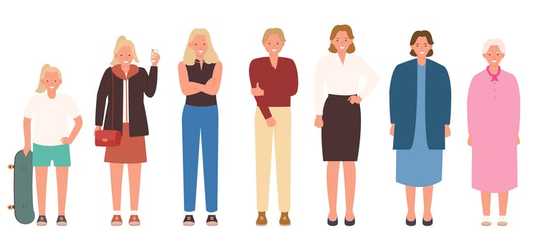
While you may be aware that a loss of vision, hearing and memory is a sign of ageing, something that is perhaps not so noticeable is a reduction in height.
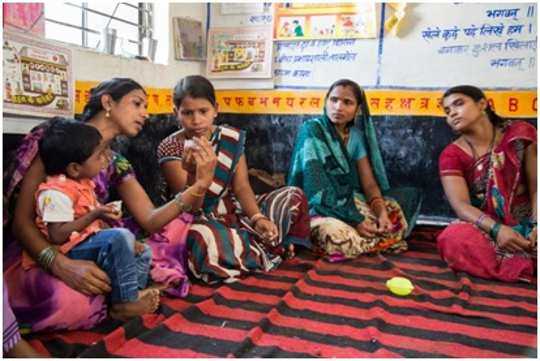 American communities with more fast food restaurants, a larger share of extraction industry-based jobs, or higher population density have shorter life expectancies, according to new research.
American communities with more fast food restaurants, a larger share of extraction industry-based jobs, or higher population density have shorter life expectancies, according to new research.

A low carb diet may prevent or even reverse the effects of aging in the brain, researchers report.
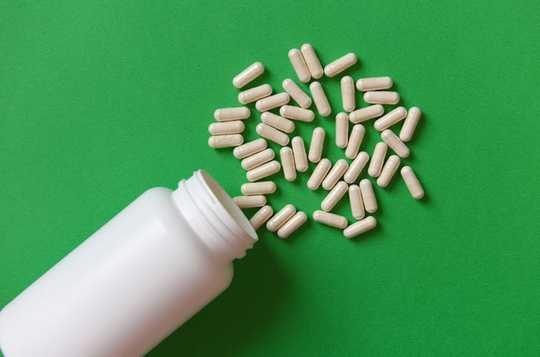
We have trillions of bacteria living on or in us – and over 80% of these live in our gut. Over thousands of years of co-evolution, we have developed a way of working together with our bacteria, which play a hugely important role in our bodies.

Fermented foods have become very popular, thanks to claims about their nutritional properties and reported health benefits, such as improving digestion, boosting immunity and even helping people lose weight.

Hand drying not only removes moisture from the hands but it also involves friction, which further reduces the microbial load and the environmental transfer of microorganisms.

Being lonely or socially isolated can negatively affect your wellbeing. There is even research showing that it increase the risk of illnesses such as cardiovascular disease, dementia and depression.

By 2050, the world’s over-65s will outnumber the under-15s for the first time in history.
- By Adam Taylor

Our brain is the most complex organ in the body. Not only does it control basic life functions like breathing, organ function, and movement, it’s also behind more complex processes
















